Bernie Sanders makes his electoral, policy case at election-night rally
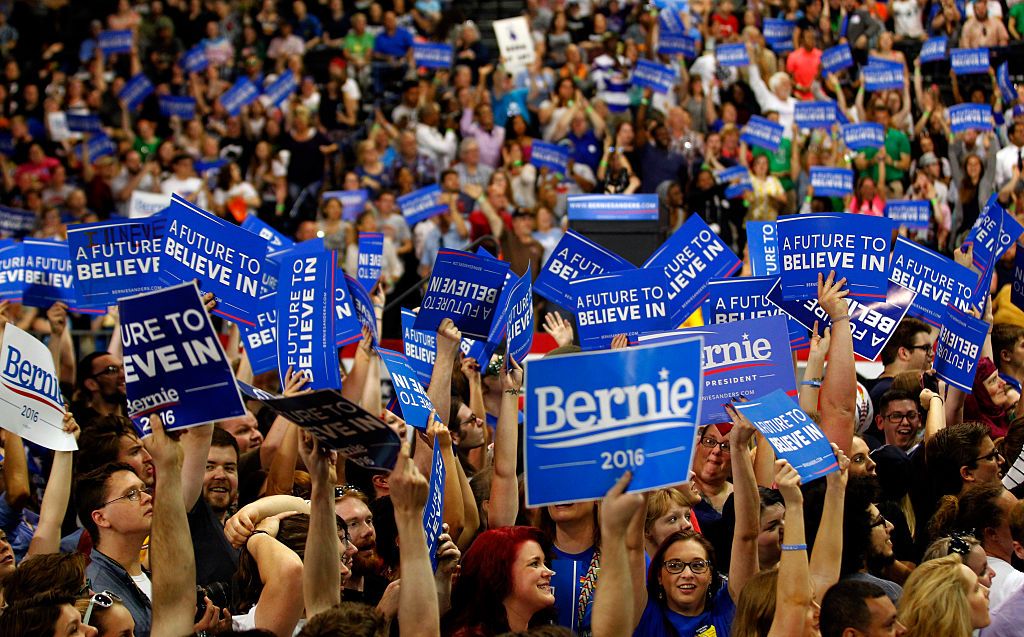

By the time Sen. Bernie Sanders took the stage in Huntington, West Virginia, on Tuesday night, the networks had already projected that Hillary Clinton won the Democratic primary in neighboring Maryland. Before he ended his speech an hour later, she had won Delaware and Pennsylvania. Sanders told his supporters at the rally that he is doing better against Donald Trump than Clinton, adding pointedly: "And that is something that I hope the delegates to the Democratic convention realize." Sanders beats Clinton among independent voters, he said, and in November — unlike in New York and most of the states voting Tuesday — "the election is not a closed primary."
Sanders continued with a rousing version of his campaign speech, arguing that "this campaign is going to win because we are doing something very unusual: We are talking to the American people, not wealthy campaign donors," and telling hard truths. "We cannot sweep the hard realities of our lives under the rug," he said, repeatedly asking his supporters to "think outside the box."
Along with railing against "the corrupt campaign finance system" and the "rigged economy," Sanders spoke at length about poverty — "when you are poor, you die at a significantly lower age than if you have money" — the need to make hard choices as a nation "and then have the guts to take on some very powerful people." Forty years ago, he told the younger people in the audience, public college was cheap and one breadwinner could take care of an entire family, until the economy became global and technology disrupted everything. You can watch him outline his electoral case below. Peter Weber
Subscribe to The Week
Escape your echo chamber. Get the facts behind the news, plus analysis from multiple perspectives.

Sign up for The Week's Free Newsletters
From our morning news briefing to a weekly Good News Newsletter, get the best of The Week delivered directly to your inbox.
From our morning news briefing to a weekly Good News Newsletter, get the best of The Week delivered directly to your inbox.
Sign up for Today's Best Articles in your inbox
A free daily email with the biggest news stories of the day – and the best features from TheWeek.com
Peter has worked as a news and culture writer and editor at The Week since the site's launch in 2008. He covers politics, world affairs, religion and cultural currents. His journalism career began as a copy editor at a financial newswire and has included editorial positions at The New York Times Magazine, Facts on File, and Oregon State University.
-
 Today's political cartoons - March 30, 2025
Today's political cartoons - March 30, 2025Cartoons Sunday's cartoons - strawberry fields forever, secret files, and more
By The Week US Published
-
 5 hilariously sparse cartoons about further DOGE cuts
5 hilariously sparse cartoons about further DOGE cutsCartoons Artists take on free audits, report cards, and more
By The Week US Published
-
 Following the Tea Horse Road in China
Following the Tea Horse Road in ChinaThe Week Recommends This network of roads and trails served as vital trading routes
By The Week UK Published
-
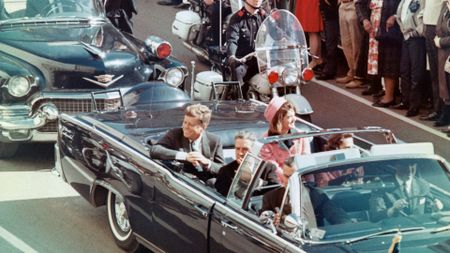 The JFK files: the truth at last?
The JFK files: the truth at last?In The Spotlight More than 64,000 previously classified documents relating the 1963 assassination of John F. Kennedy have been released by the Trump administration
By The Week Staff Published
-
 Supreme Court upholds 'ghost gun' restrictions
Supreme Court upholds 'ghost gun' restrictionsSpeed Read Ghost guns can be regulated like other firearms
By Rafi Schwartz, The Week US Published
-
 Trump sets 25% tariffs on auto imports
Trump sets 25% tariffs on auto importsSpeed Read The White House says the move will increase domestic manufacturing. But the steep import taxes could also harm the US auto industry.
By Peter Weber, The Week US Published
-
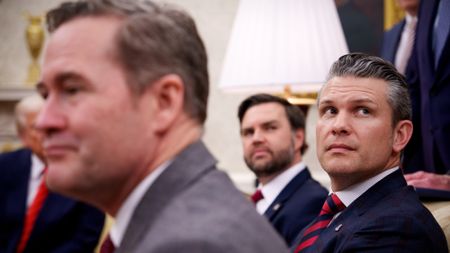 Trump allies urge White House to admit chat blunder
Trump allies urge White House to admit chat blunderSpeed Read Even pro-Trump figures are criticizing The White House's handling of the Signal scandal
By Peter Weber, The Week US Published
-
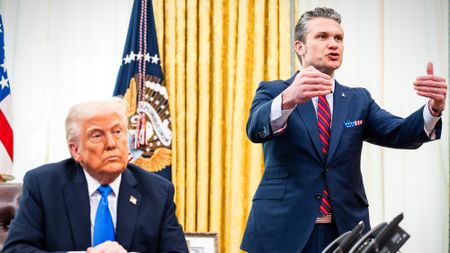 Waltz takes blame for texts amid calls for Hegseth ouster
Waltz takes blame for texts amid calls for Hegseth ousterSpeed Read Democrats are calling for Defense Secretary Pete Hegseth and national security adviser Michael Waltz to step down
By Peter Weber, The Week US Published
-
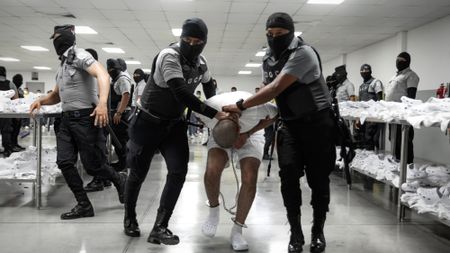 Judge: Nazis treated better than Trump deportees
Judge: Nazis treated better than Trump deporteesspeed read U.S. District Judge James Boasberg reaffirmed his order barring President Donald Trump from deporting alleged Venezuelan gang members
By Peter Weber, The Week US Published
-
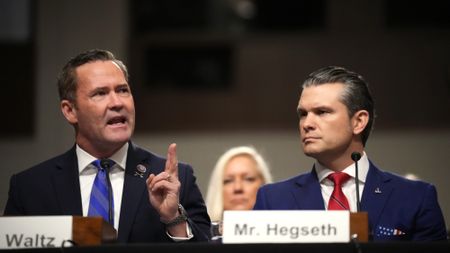 US officials share war plans with journalist in group chat
US officials share war plans with journalist in group chatSpeed Read Atlantic editor Jeffrey Goldberg was accidentally added to a Signal conversation about striking Yemen
By Rafi Schwartz, The Week US Published
-
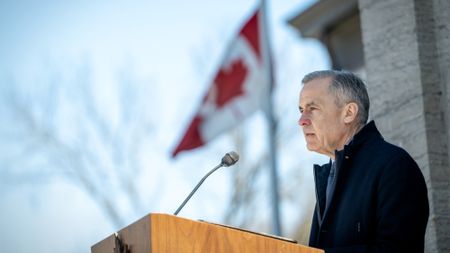 Canada's Mark Carney calls snap election
Canada's Mark Carney calls snap electionspeed read Voters will go to the polls on April 28 to pick a new government
By Peter Weber, The Week US Published
